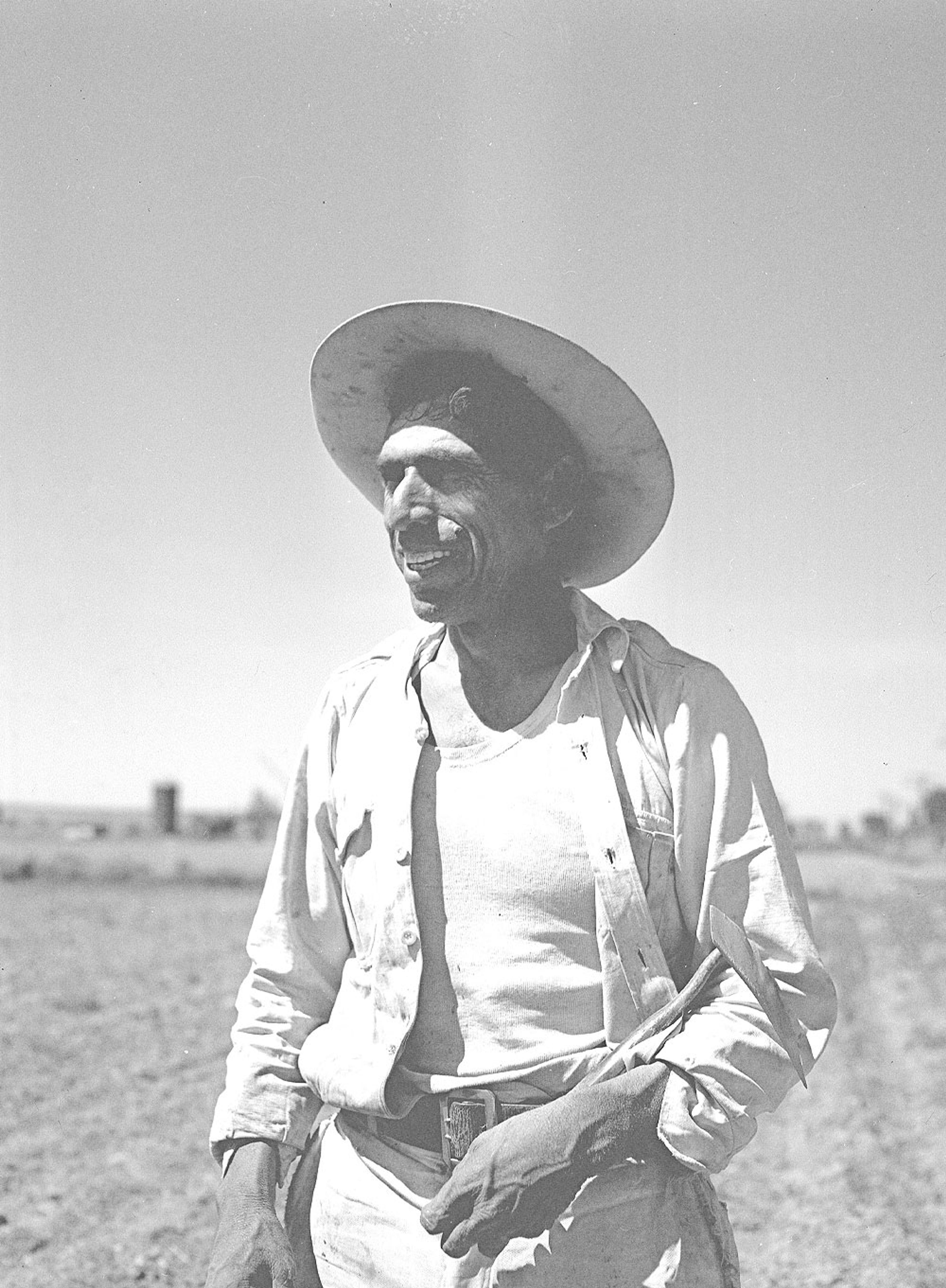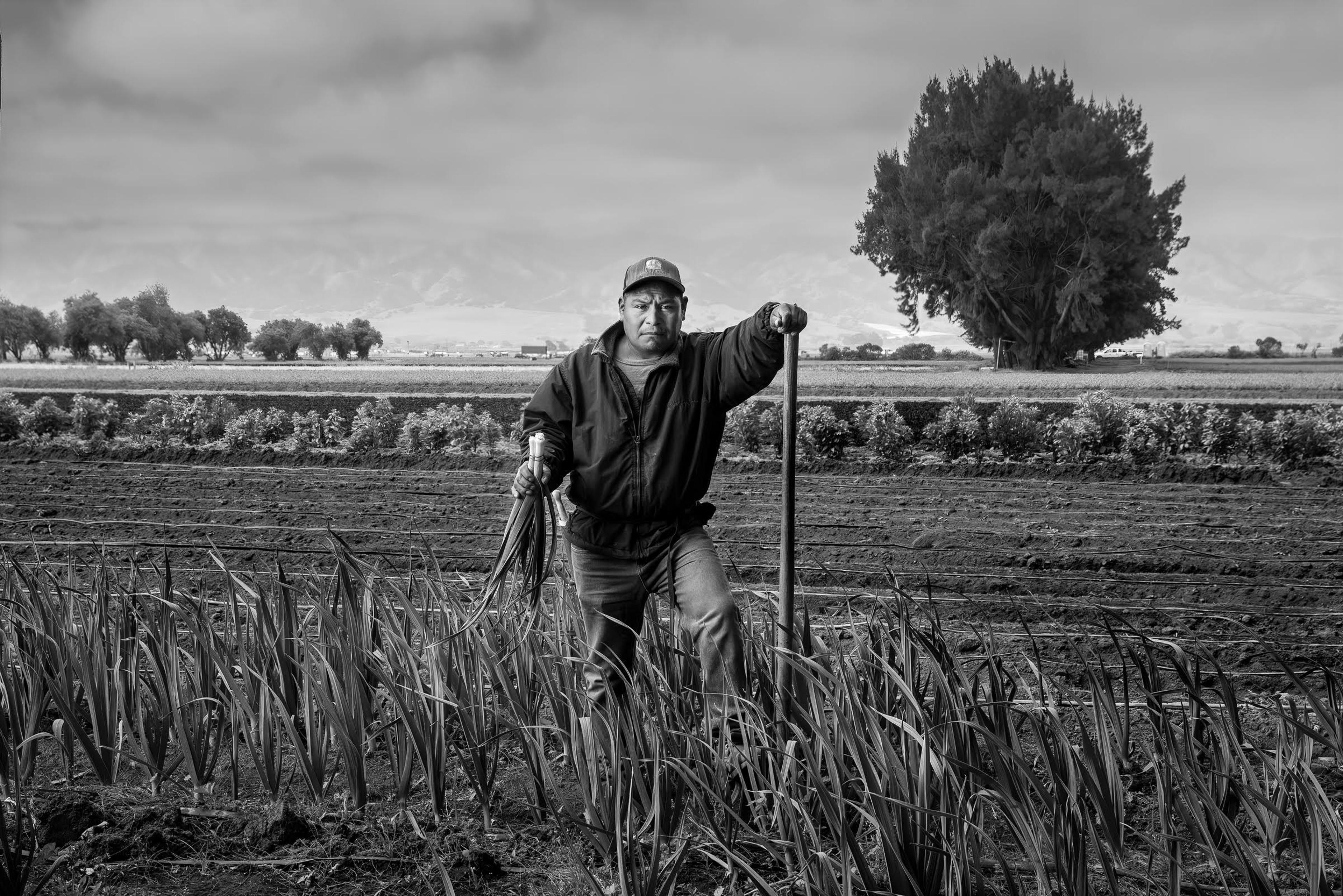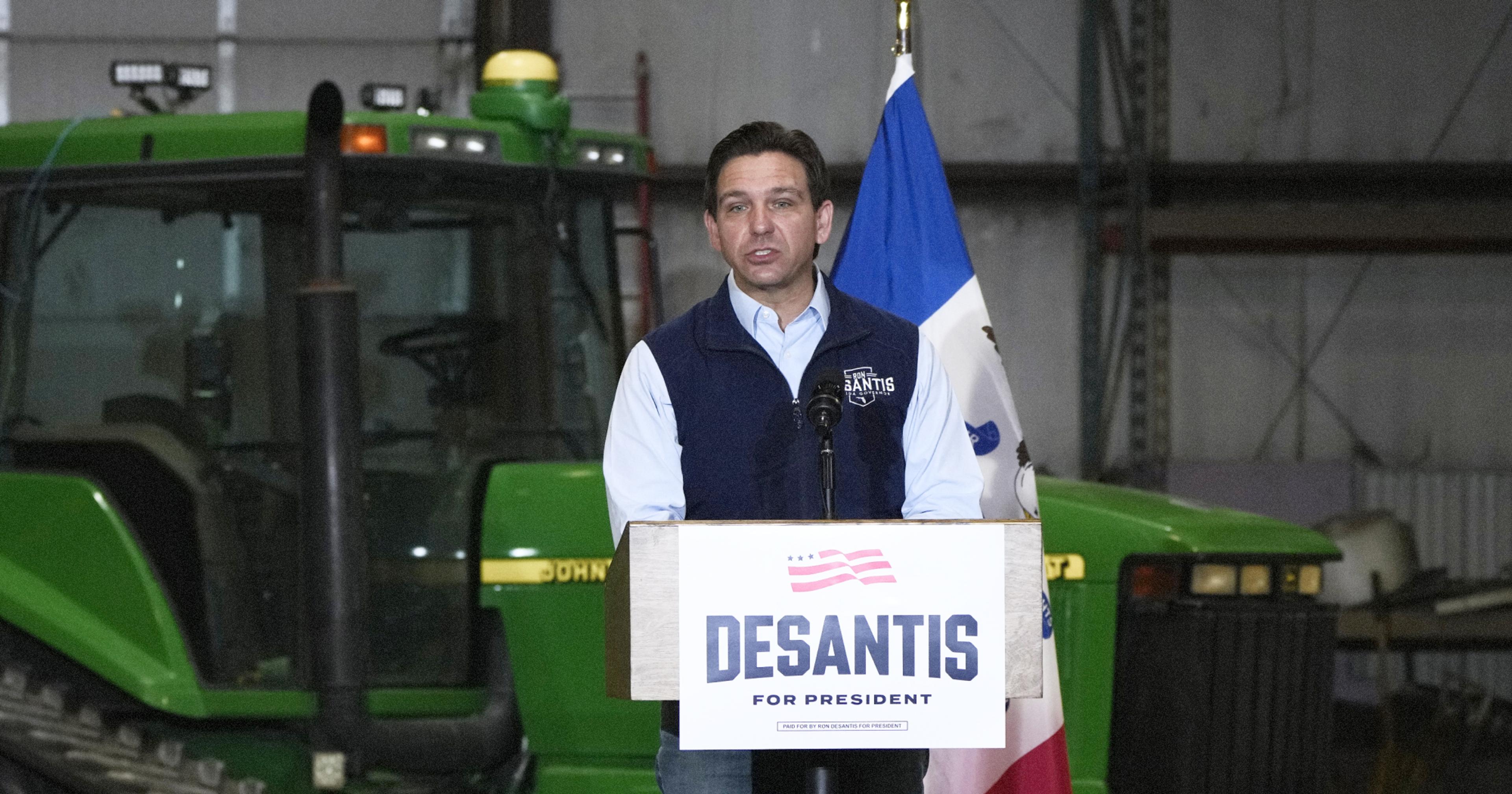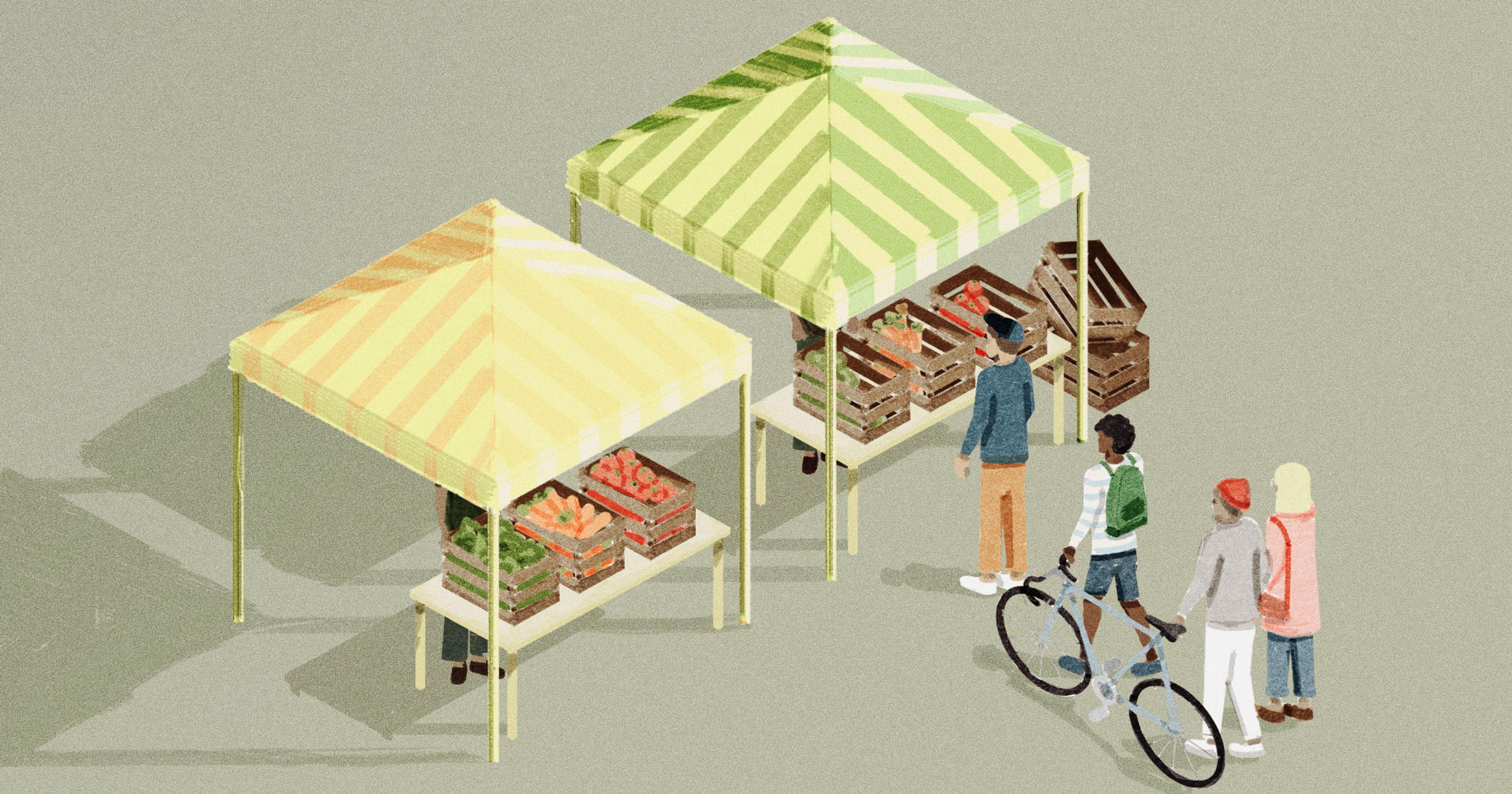In calls to recognize immigrants as people, too often they’re reduced to what they produce and how they support our economy.
This essay is from our Perspective section. The opinions presented do not represent those of Offrange or Ambrook, its parent company.
For a brief moment, after Hamilton first crashed headlong into pop culture, every immigrant and child-of-immigrants I know (self included) clung to one line: “Immigrants, we get the job done.” Echoed in the decade since by protesters and politicians (the Hispanic Foundation recently launched a coalition named for the lyric), it’s the sort of rallying cry that can wend its way through liberal society. It doesn’t specify which immigrants or which jobs, but simply the self-contained argument that immigrants work hard, and America values hard work. Ipso facto, immigrants are good.
As ICE and other masked gunmen have been empowered to upend America’s immigrant communities, there’s been increased calls to understand the role they play in America’s economic systems, especially its foodways. The focus of these calls is often on the hard work these immigrants do, work like seasonal fruit picking and factory butchering that few others would take on in their absence. But in the attempts to rally support from those not directly threatened by these brutal immigration policies, they — perhaps inadvertently — strip immigrants of their humanity, reducing them to how many tomatoes they can harvest, how fast they can man the assembly line. Which indeed, has always been the problem.
On July 10, local news outlet L.A. Taco posted videos of federal agents tear gassing farmworkers in Camarillo and Oxnard, California. In one, white smoke billows across a field as adults and children run from the danger. In another, a child with a megaphone cries to agents: “Why are you taking the parents away?” The horror is self-evident — families being torn apart, people dying as a result of the raids.
And yet, many arguments against ICE and Trump’s immigration policies center not the people being harmed, but the results of their labor. “If the Trump administration follows through on its most ambitious mass deportation plans, who exactly will replace these essential workers?” asks Politico, saying the lack of undocumented immigrants would “blow up the food system.” The Guardian built a visualizer to illustrate the percentage of immigrant workers in various food industries, saying deportation would lead to “major disruptions.” A New York Times op-ed from California officials opens its argument with warnings of “wilted lettuce” and “rotten strawberries,” and stresses that ICE raids “will have real consequences for all Americans, very likely including higher grocery prices and fewer options in the produce aisle.”
All of this is true: Our food production system is fundamentally broken. America’s foodways are propped up on underpaid, sometimes underaged workers who are overwhelmingly migrants. And if enough of these workers are sent away, it’ll be almost impossible for everyone else to eat. There is nothing wrong with acknowledging that these actions have consequences beyond the immediate targets. But these pieces tend to frame the visceral horrors immigrants are facing as almost an afterthought, positioning these humans as perpetual “others.” The assumption, perhaps, is that readers wouldn’t be moved by the idea of a child stranded in a field with no idea where his parents have been taken.
Even immigration advocates have been framing the issue as one of economics. “All of this will have a huge impact on the rest of us because the immigrant community contributes much more than their labor; they pay taxes,” Elizabeth Rodriguez, director of farmworker advocacy with National Farm Worker Ministry, told The Guardian.
“There’s a lot of moral hazards if the implication is that we should run our agricultural labor policy solely on the basis of what’s the cheapest price of food possible.”
“We are in a time where people only worry about something when it affects them,” Teresa Romero, president of United Farm Workers (UFW), which represents farm workers in California, Oregon, and Washington, told Offrange. Part of this is due to Americans’ inclination to view ourselves primarily as consumers. “Most people don’t spend much time thinking about, say, monetary policy, but they make many choices every day about what to buy or not buy, who to hire or who not to hire, what they can afford and what they can’t afford,” Ethan Porter, author of The Consumer Citizen, told Vox. Americans are deeply inclined to view ourselves through the lens of our purchasing decisions, something politicians have taken advantage of by insisting that running a country should be like running a business, and that shopping is our national duty (think of the post-9/11 “Market Patriotism”).
Knowing how food systems work is my actual job — now it feels like it’s everybody’s. People who previously couldn’t tell you what a tariff was are now hyper-aware of each declaration threatening the price of coffee or cinnamon, and the exact way pistachios from California get into a latte in New York. But by focusing solely on the price and availability of food, these arguments covertly suggest that our system of labor is fine, as long as some imagined ideal of the American consumer is happy. For Antonio De Loera-Bust, communications director at UFW, this creates a slippery slope: “There’s a lot of moral hazards if the implication is that we should run our agricultural labor policy solely on the basis of what’s the cheapest price of food possible.”
Besides, it’s not like the increase in prices at grocery store has corresponded to an increase in wages in the fields. “Companies make money. If consumers have more expenses, it’s because of tariffs, not because of what we’re paying workers,” said Romero. Instead, what’s happening is bosses using the threat of deportation to keep workers from fighting for their rights, reporting things like abuse and wage theft.
It is good to be reminded that we all have skin in the game. None of us are free until all of us are free, after all. But the freedom to keep buying off-season strawberries on the East Coast is very different from the freedom to walk outside and not fear ICE chasing you down, or to stand up for your rights as a worker. Our food systems have been built on depressed wages and subpar conditions, and indeed, it has been overwhelmingly immigrants who have gotten those jobs done. By focusing solely on grocery prices, we tie the value of human life to production capability, which only aids in ICE’s project of dehumanization and fear.
To fight these horrors, we have to remember who — not what — the fight is for.










